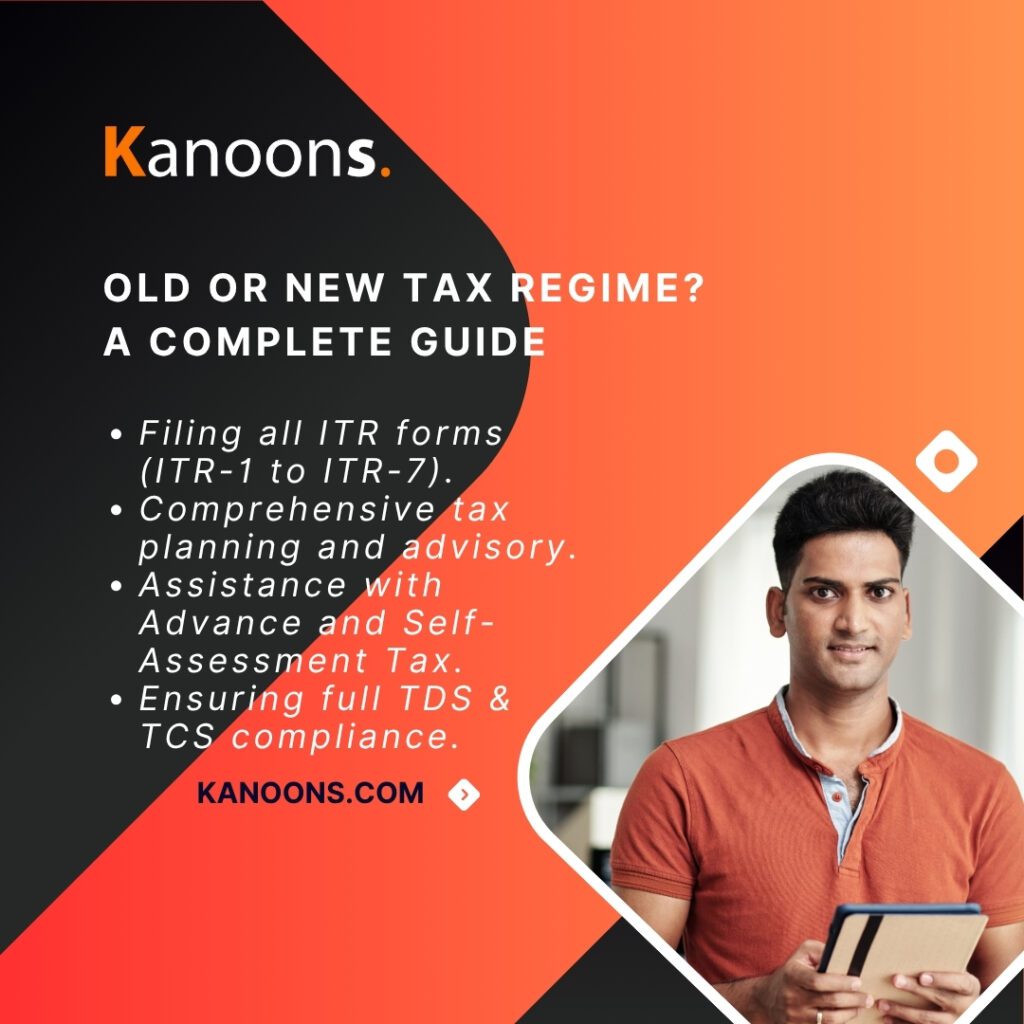
Know Your Rights: When Summoned by GST Officials
Understanding Your Legal Rights in a GST Summons
Receiving a summons from GST officials can be stressful, but knowing your rights and responsibilities can help you navigate the situation confidently. Whether you're a business owner or an individual taxpayer, understanding the legal framework can protect you from unnecessary penalties and legal issues.
Key Rights When Facing a GST Summons
1. Right to a Properly Issued Summons
- The summons must be legally valid, issued under Section 70 of the CGST Act.
- It should contain clear details: name, reason for summons, date, and officer’s name.
- A verbal or informal request does not constitute a legal summons.
2. Right to Legal Representation
- You have the right to consult a tax lawyer or consultant before responding.
- If needed, you can request the presence of an advocate during questioning.
3. Right to Seek Clarifications
- Ask for specific reasons for the summons to understand the scope of the inquiry.
- Request copies of relevant documents or notices linked to the investigation.
4. Right Against Self-Incrimination
- You are not obligated to confess to any allegations.
- If a question seems misleading or legally unclear, you can request to respond later in writing.
5. Right to Privacy & Professional Conduct
- Officials cannot harass or intimidate you during questioning.
- Any misconduct by GST officers can be reported to higher authorities.
6. Right to Obtain Summons Records
- Always keep a copy of the summons and all responses you submit.
- If the case escalates, these documents are critical for legal defense.
How to Handle a GST Summons Smartly
Knowing your rights can prevent unnecessary legal trouble. Respond professionally, provide only relevant information, and always consult a legal expert for guidance.
Need Expert Help on GST Summons? We’ve Got You Covered!
✅ Connect with GST legal experts through Kanoons.com.
✅ Book a free consultation to discuss your case.
✅ Stay updated on GST laws & compliance by following us on LinkedIn & Twitter.
-
 Fastest GST Registration in India — Get Your GST Number in Just 3 Days!
Fastest GST Registration in India — Get Your GST Number in Just 3 Days! -
 GSTR-2B Guide | Master ITC Reconciliation with Kanoons
GSTR-2B Guide | Master ITC Reconciliation with Kanoons -
 What Happens If You Miss the ITR Filing Deadline for 2025
What Happens If You Miss the ITR Filing Deadline for 2025 -
 The Big Question: Old or New Tax Regime? A Complete Guide for Indian Taxpayers (FY 2025-26)
The Big Question: Old or New Tax Regime? A Complete Guide for Indian Taxpayers (FY 2025-26) -
 GST Notices Based on UPI Payments? The Full Truth Every Small Business Must Know
GST Notices Based on UPI Payments? The Full Truth Every Small Business Must Know
© 2025 Copyright. All Rights Reserved by Kanoons
Kanoons.com is owned and operated by Kanoons Law and Tax Consultants Private Limited, a registered consultancy providing services in the areas of advisory, documentation, business registration, taxation, compliance management, and intellectual property filings across India.
Kanoons is not a law firm or accounting firm, and does not offer legal representation, statutory audits, attestation, or certification services. All specialised professional work is coordinated through authorised and independently qualified professionals, in accordance with applicable Indian laws.
All content on this website is intended for general informational purposes only and should not be interpreted as legal, financial, or tax advice. Use of this website or communication through it does not create any attorney–client, accountant–client, or other professional relationship with the company. Users are encouraged to seek independent professional advice before making any decisions based on content or services provided herein.
Your access to and use of this website are subject to our Terms & Conditions, Privacy Policy, Refund and Returns Policy and Disclaimer By continuing to browse or interact with the site, you acknowledge and agree to these terms.
We are committed to safeguarding user information and follow applicable data protection laws, including the Information Technology Act, 2000, and rules thereunder.
The wordmark “Kanoons®”, its logo, and all related brand assets are the exclusive intellectual property of Kanoons Law and Tax Consultants Private Limited. Any unauthorised use, imitation, or reproduction is strictly prohibited and may lead to civil or criminal action.
For queries, service coordination, or support, please contact:
support[at]kanoons[dot]com | +91 90000 13560 / 90



“When I received a GST summons, I panicked. The experts at Kanoons helped me understand my rights and guided me through the process stress-free!”
Ramesh K. Client